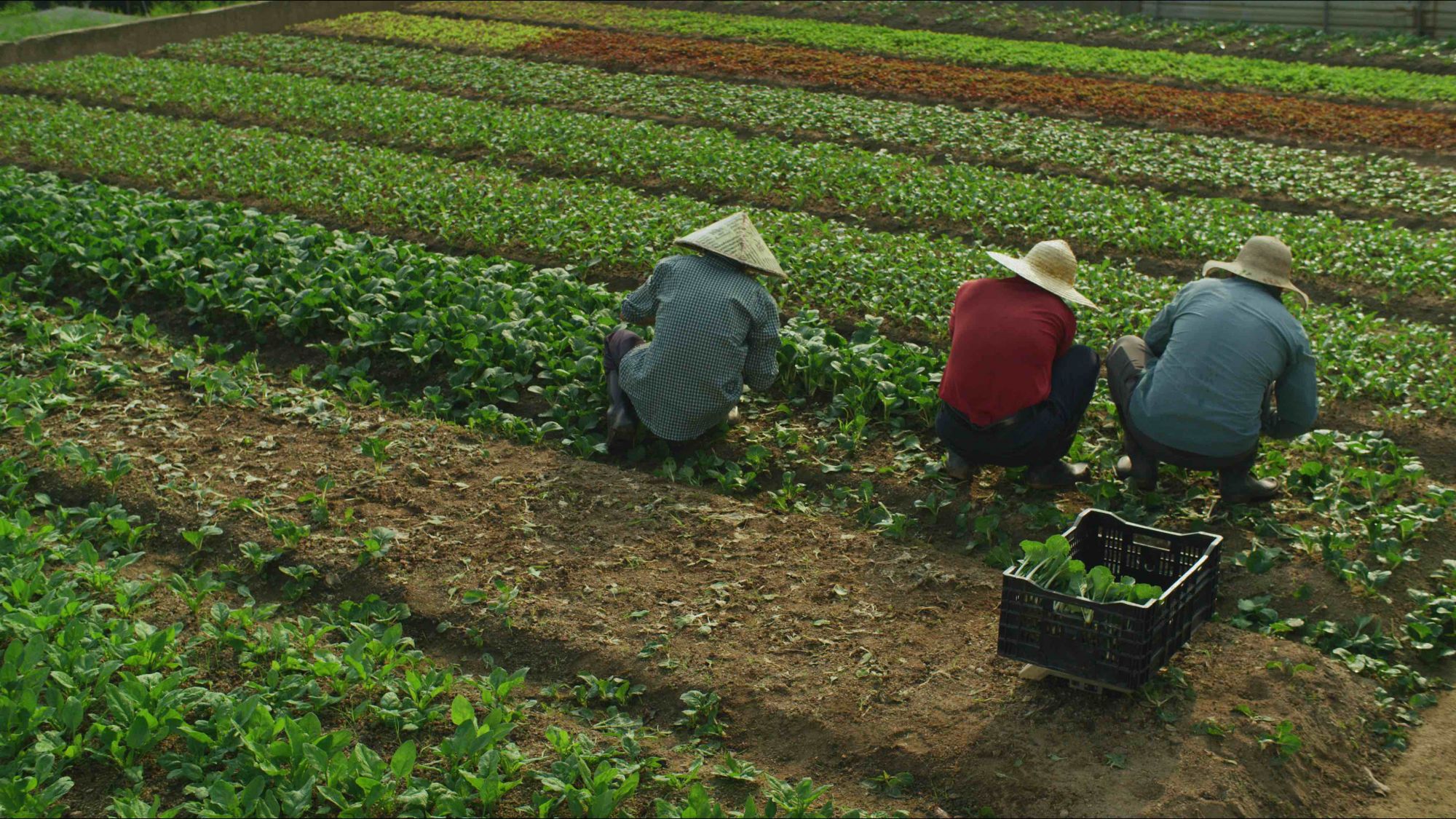With the launch of Zero Foodprint Asia, Peggy Chan aims to work collaboratively with farmers, restaurateurs, chefs and diners to create a transparent and traceable food system for the future
In the last three or four years, consumers have been told that some of the ways to mitigate climate change include reducing or getting rid of single-use plastics––especially plastic straws, following a more plant-based diet, and eating more organic foods. These are all options. But they are not enough.
“The shift towards these practices is so small and so slow that we are looking at the gravity of climate change, and it’s happening much faster than we ever anticipated,” says Peggy Chan who, with her sustainable food consultancy Grassroots Initiatives, has just launched Zero Foodprint Asia with the aim of creating a renewable food system to draw down carbon emissions and address the climate crisis.
“We want people to understand that doing all these small actions is great, but it’s not meeting the needs of solving the climate crisis,” she continues. “To do that we have to shift to a system that encourages regenerative agriculture, that encourages funding farmers to do what they do best, which is taking care of our land and soil, and we have to shift to a system that makes it easier for people to access and afford healthy food. We can’t do that if we stick to the existing industrialised food system, because that relies on government subsidies to make cheap food readily available, especially in cosmopolitan cities like Hong Kong. We need to work collectively to change the way we grow food, process food, transport food around the world. We need to put our money where our mouth is.”
Zero Foodprint Asia’s launch initiative seeks to do this with its “1% pledge to restore the planet”. Restaurants that enlist send 1% of a customer’s bill to Zero Foodprint Asia. This 1% figure represents the percentage of the world’s GDP that climate experts have determined it costs to mitigate climate change. This money will go into a fund that will be used to finance farmers and healthy soil management projects. Through regenerative agriculture, we can cultivate better soil that not only grows more nutrient-dense food, but is adept at sequestering carbon.
Related: Why We Should Be Eating Ethical, Not Sustainable, Seafood

The 1% pledge is just the beginning. As the Asia arm of US-based non-profit climate organisation Zero Foodprint, which was founded in 2015 by restaurateurs Anthony Myint and Karen Leibowitz to help undo the damage––to the planet, to food systems, to people and to our health––caused by industrial agriculture, Zero Foodprint Asia aims to follow some of its parent NGO’s other initiatives. The organisation, which was awarded the James Beard Foundation’s Humanitarian of the Year Award in 2020, has more than 60 restaurant members globally and in 2020 alone awarded US$325,000 to American farming projects expected to remove 7,000 tonnes of carbon from the atmosphere.
Chan first got involved with Zero Foodprint while still at the helm of her now-defunct restaurant Grassroots Pantry. She enrolled in Zero Foodprint’s Carbon Neutrality programme which involved a Life Cycle Assessment through which she was able to calculate the annual carbon emission factor of her restaurant. “It was a very revealing process,” says Chan. She added a carbon tax to bills at Grassroots Pantry in 2018, and through this realised that customers were receptive to such initiatives. The assessment also meant that the restaurant was able to purchase carbon credits to offset its annual emission factor, which went to directly fund regenerative farming projects in California as, at the time, there weren’t many such projects around in Asia.
Since the onset of the pandemic, Zero Foodprint in the US has switched to its current 1% pledge instead of the Carbon Neutrality programme, as the Life Cycle Assessment is only accurate when a restaurant is functioning properly, which many around the world have not been over the last year. But this Carbon Neutrality programme is something that will return––and it’s something that Chan is keen to roll out as part of Zero Foodprint Asia’s mission, beginning in the second quarter of 2022, to help restaurants measure, calculate and mitigate their operational carbon emissions. First, Chan is working to develop a software tool to make it easy for operators to record emissions, and to update the Life Cycle Assessment for Asian operators––currently it is based on a global database where the focus is on Western ingredients as opposed to Asian produce.
So why should restaurants get involved? Aside from showing that they are forward-thinking when it comes to sustainability, Chan says, “there is the sense of being part of a collective action. There are very few initiatives that are restaurant-led or restaurant people-led for climate action, so it’s a way for restaurants, chefs and operators to participate in climate action directly.”
Related: Meet The Company Creating Asia's First Plant-Based Meat Alternative Using Jackfruit

